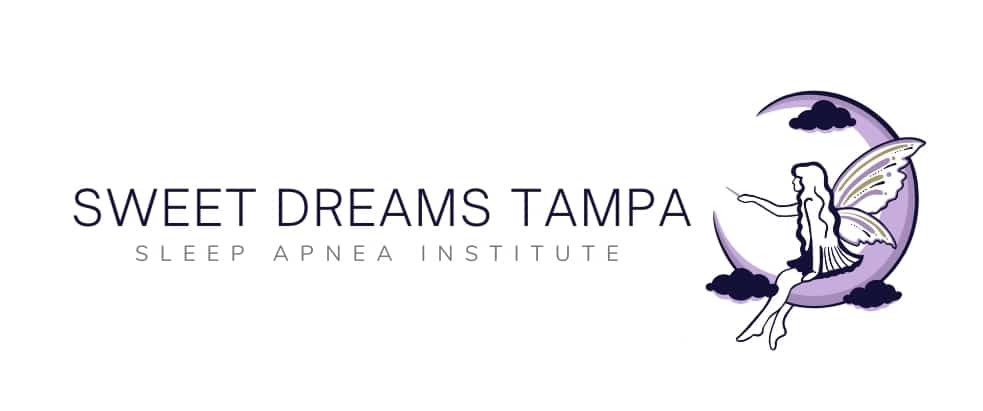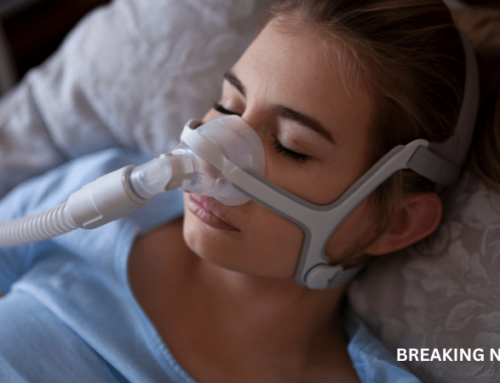February 21, 2024 | Tampa, FL | Sleep Apnea Symptoms
What Are The Symptoms of Sleep Apnea?
Do you often wake up feeling exhausted despite spending what seems like an adequate amount of time in bed? Do you struggle with loud snoring or find yourself gasping for air during the night? If so, you may be experiencing symptoms of obstructive sleep apnea (OSA), a potentially serious sleep disorder that affects millions of people worldwide.

Understanding Obstructive Sleep Apnea:
Obstructive sleep apnea is a sleep disorder characterized by repeated episodes of partial or complete obstruction of the upper airway during sleep. This obstruction causes breathing to stop momentarily, leading to a drop in blood oxygen levels and disrupted sleep patterns. Research has shown that OSA can have significant impacts on both physical and mental health if left untreated.
Common Signs and Symptoms of Obstructive Sleep Apnea:
- Loud Snoring: One of the hallmark symptoms of OSA is loud and persistent snoring, often accompanied by choking or gasping sounds as breathing resumes after a pause.
- Episodes of Breathing Interruption: Individuals with OSA may experience repeated episodes of breathing cessation during sleep, which may be observed by a bed partner.
- Excessive Daytime Sleepiness: Feeling excessively tired or sleepy during the day, even after a full night’s sleep, is a common symptom of OSA. This excessive daytime sleepiness can impact daily activities and increase the risk of accidents.
- Morning Headaches: Waking up with a headache, especially in the morning, can be a sign of OSA. These headaches are often caused by the drop in blood oxygen levels during sleep.
- Difficulty Concentrating: OSA can impair cognitive function, leading to difficulty concentrating, memory problems, and decreased alertness during the day.
- Irritability and Mood Changes: Sleep disruption caused by OSA can contribute to irritability, mood swings, and even depression or anxiety.
- Waking up with a Dry Mouth or Sore Throat: The repeated pauses in breathing during sleep can lead to mouth breathing, resulting in a dry mouth or sore throat upon waking.
- High Blood Pressure: OSA is associated with an increased risk of developing or exacerbating hypertension (high blood pressure), which can further elevate the risk of cardiovascular disease.
If you or a loved one are experiencing any of the symptoms mentioned above, it’s essential to consult with a healthcare professional for a proper evaluation. Obstructive sleep apnea is a treatable condition, and early intervention can significantly improve quality of life and reduce the risk of complications. There are a variety of treatment options available including traditional CPAP treatment or one of the popular alternatives – Oral Appliance Therapy. Oral appliance therapy involves the use of an oral sleep appliance that is custom fitted and works by gently repositioning the jaw and tongue to help keep your open and prevent the collapse of soft tissues in your mouth.
Call our office for a sleep consultation, we can send you a at-home sleep study to determine if you have OSA and qualify for an oral sleep device.
Don’t let OSA go undetected—take action to reclaim your sleep and overall well-being!



